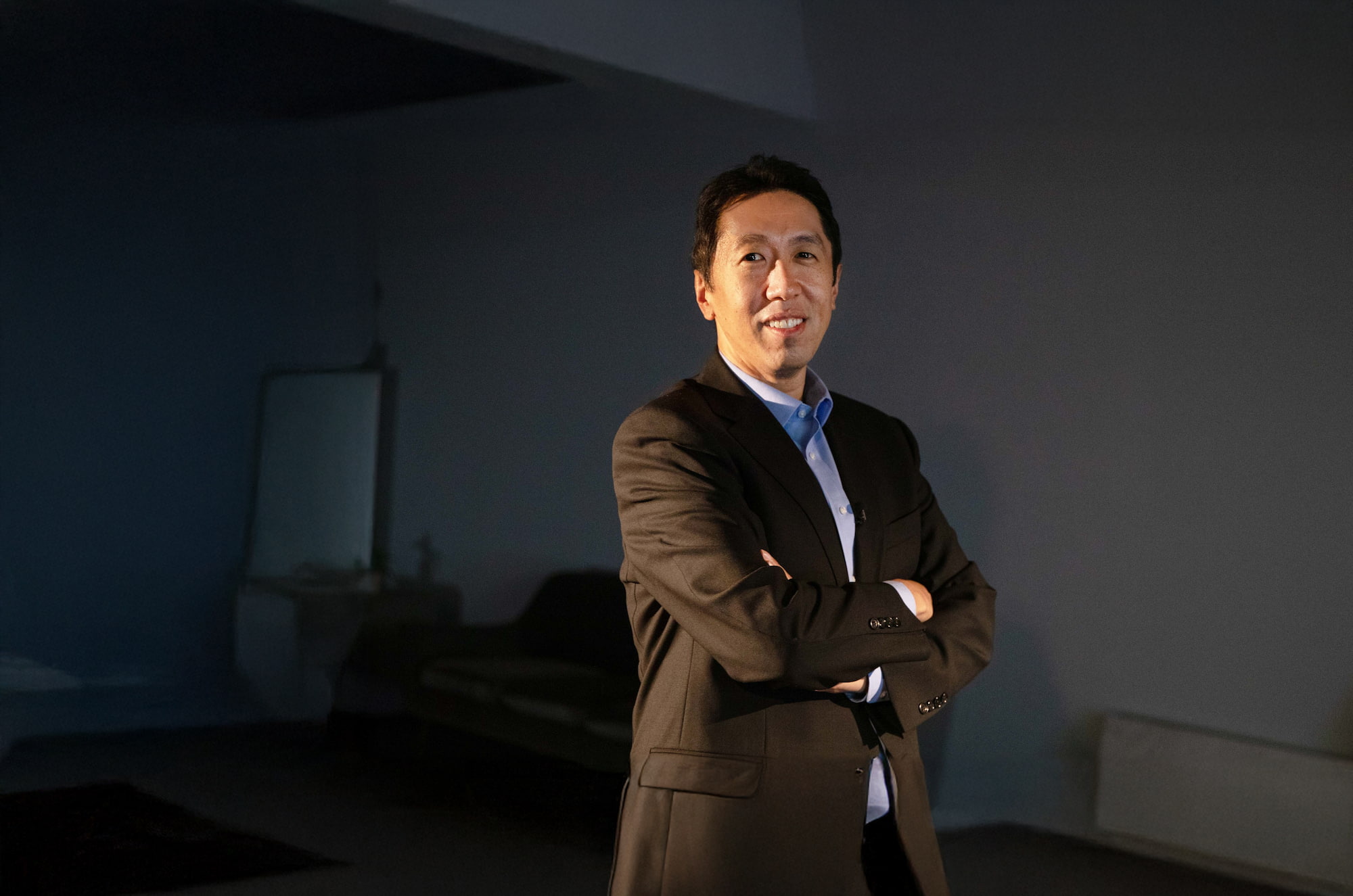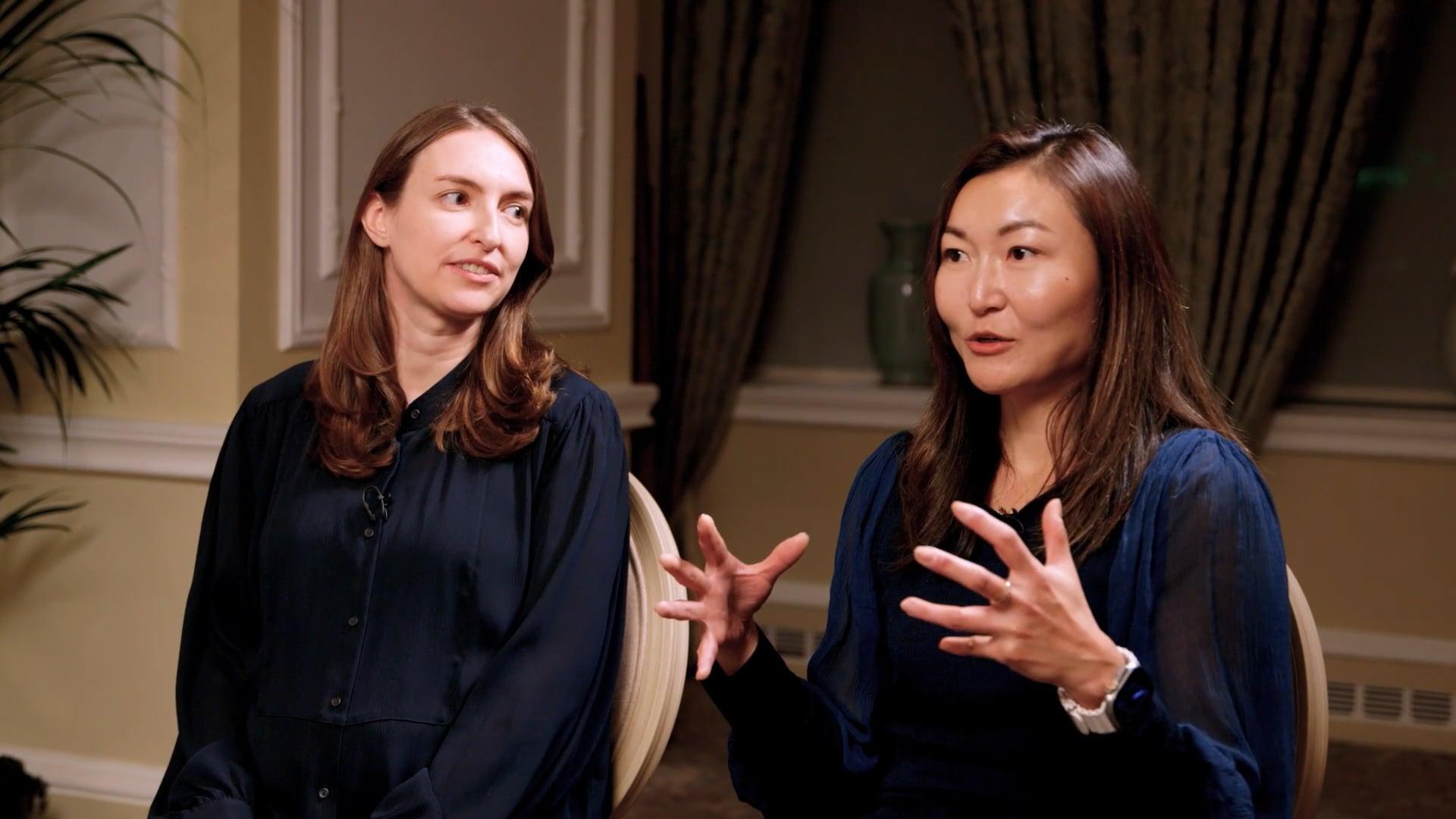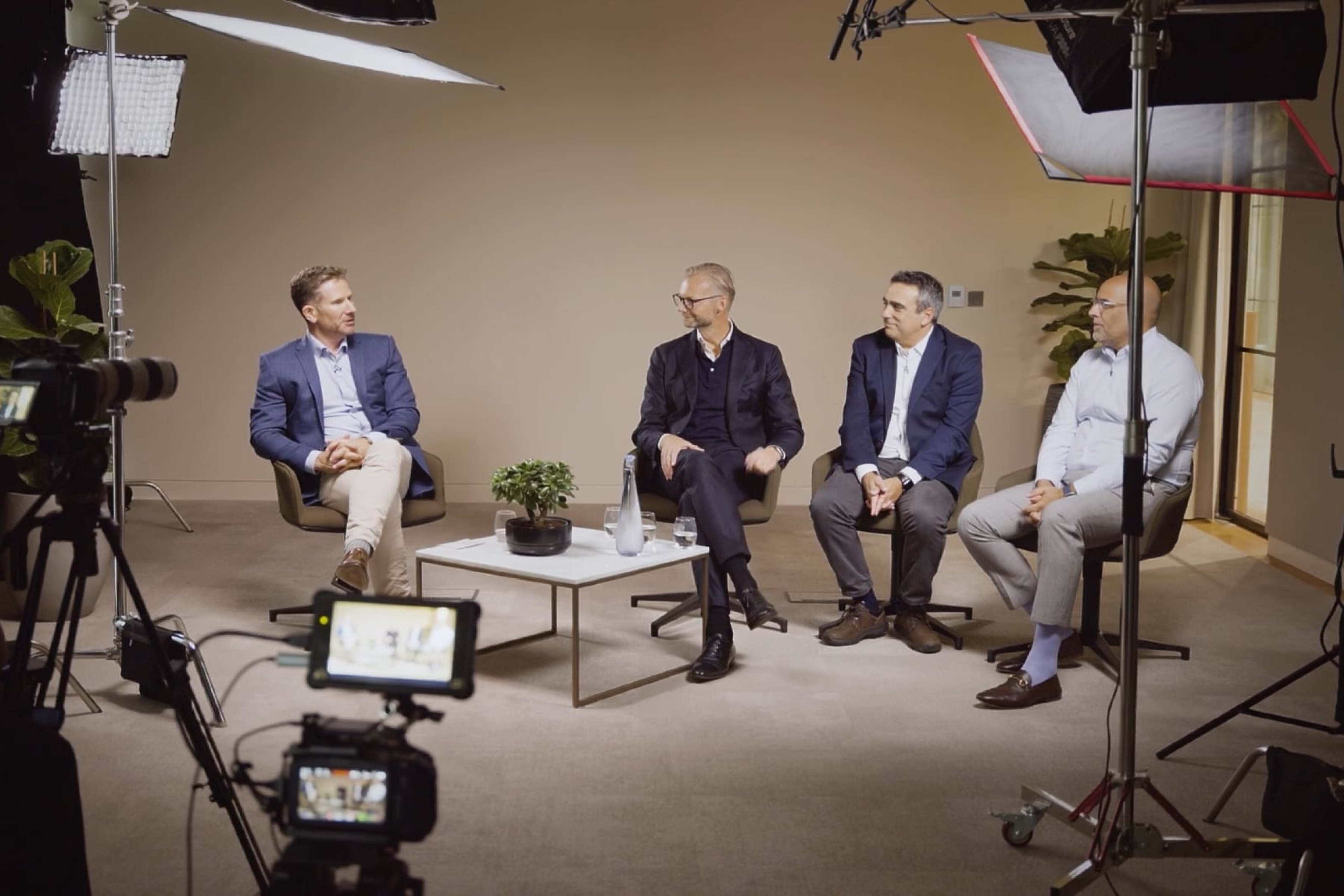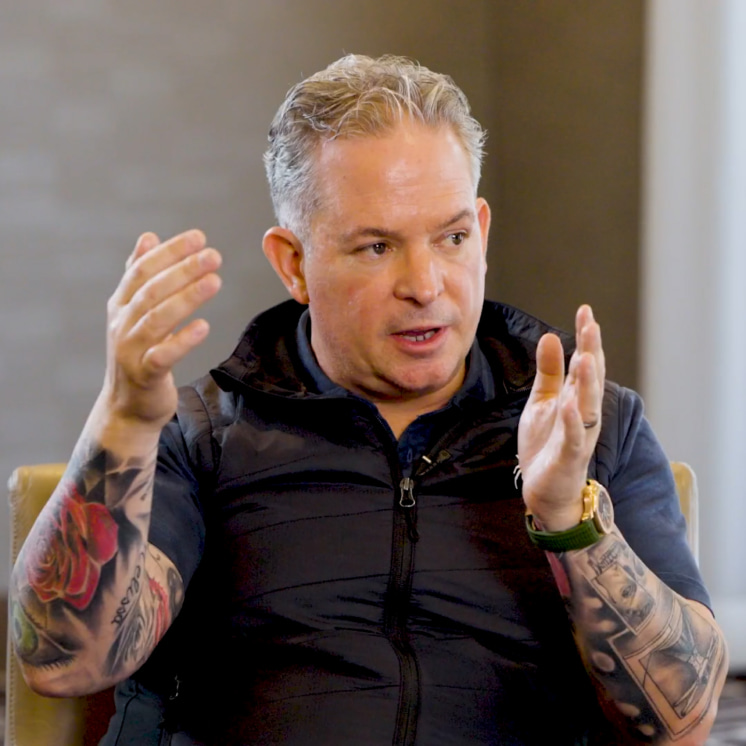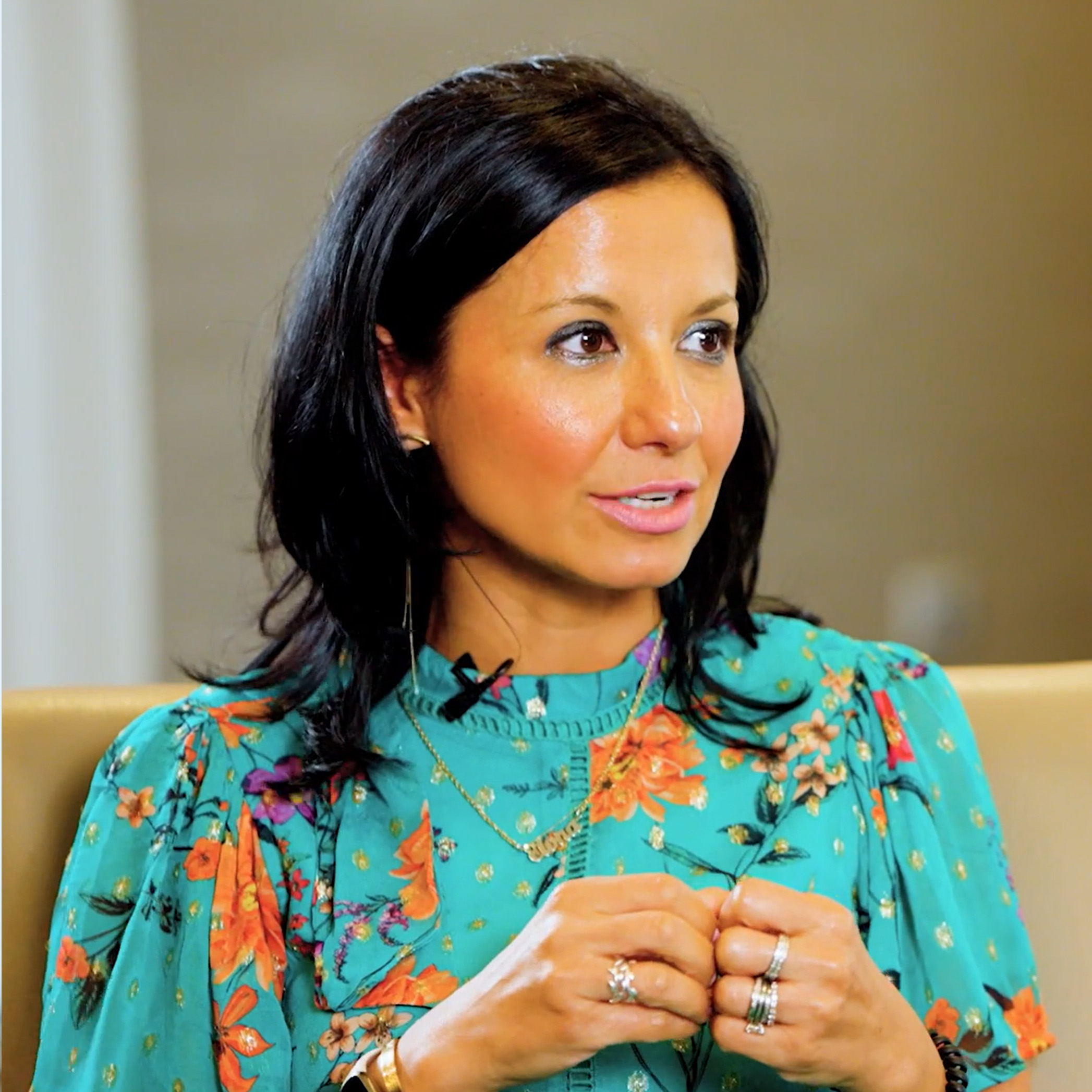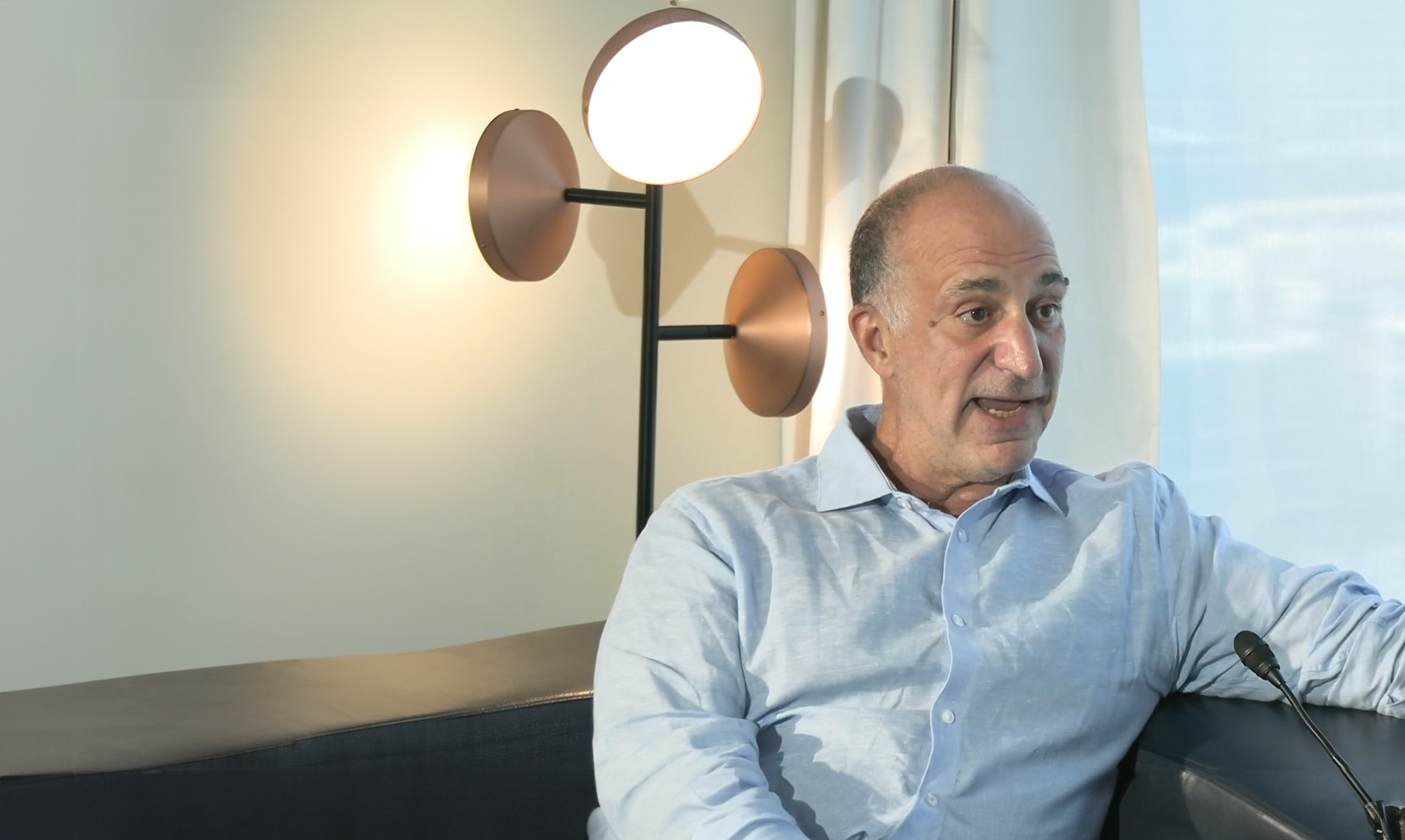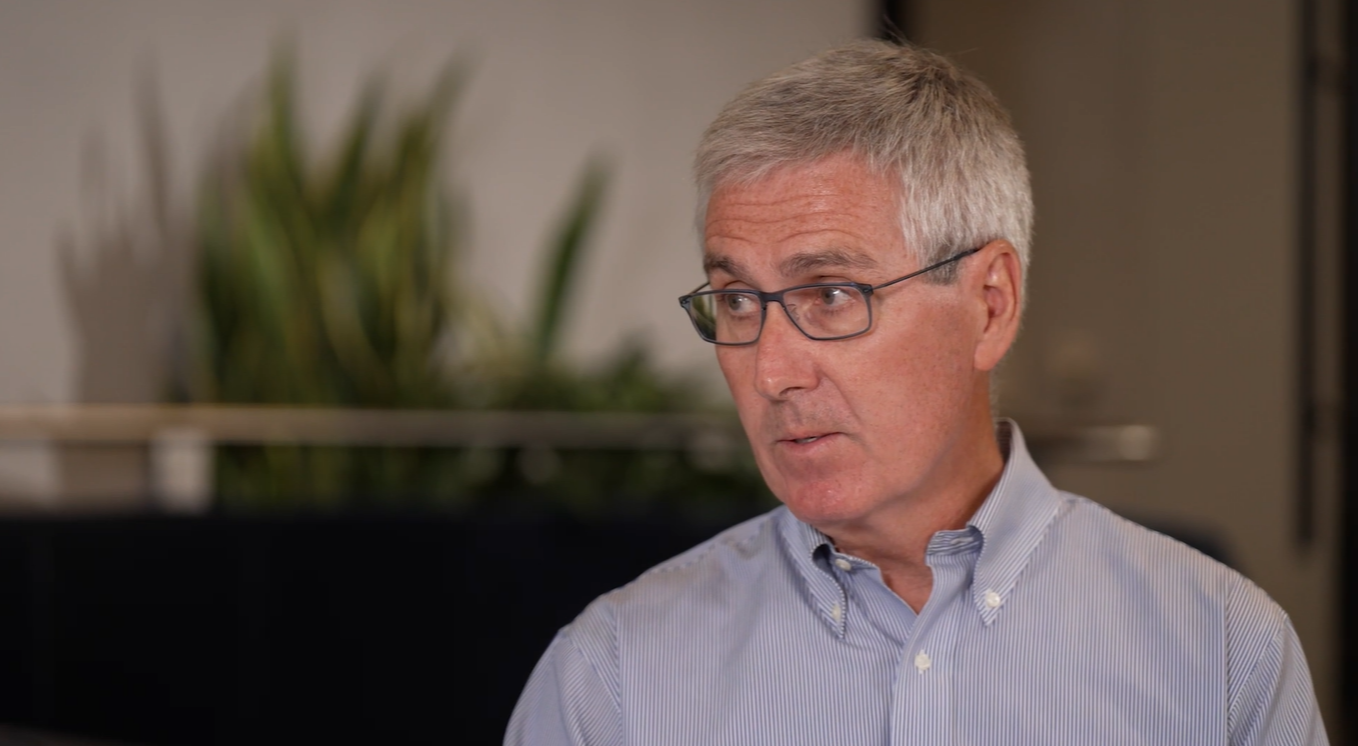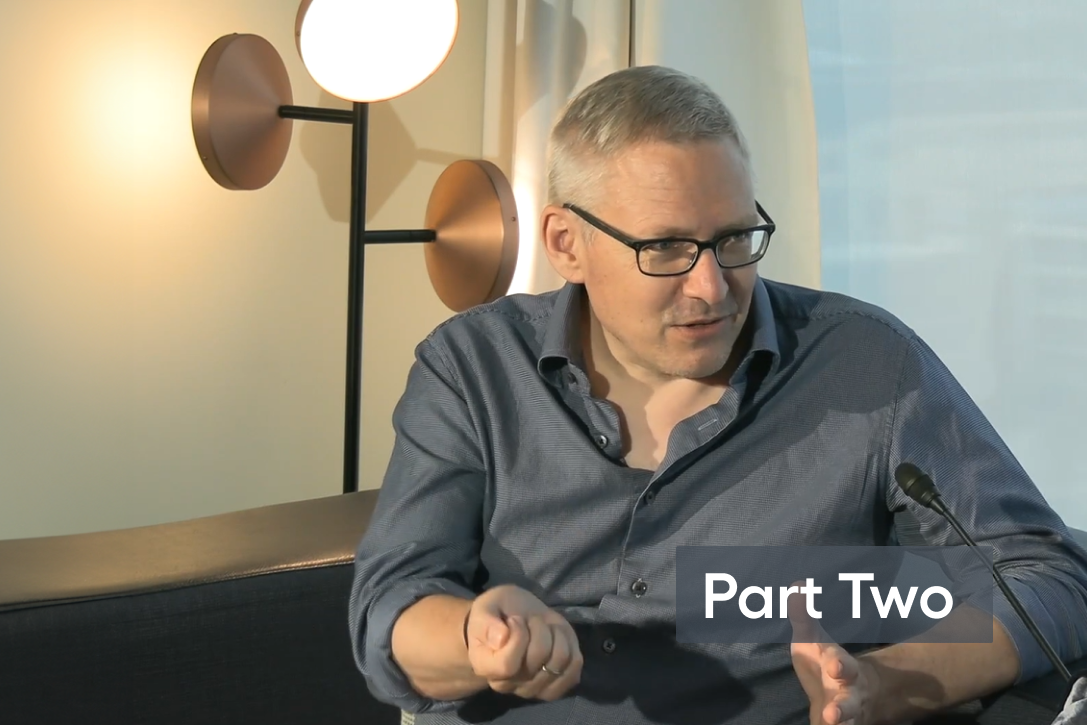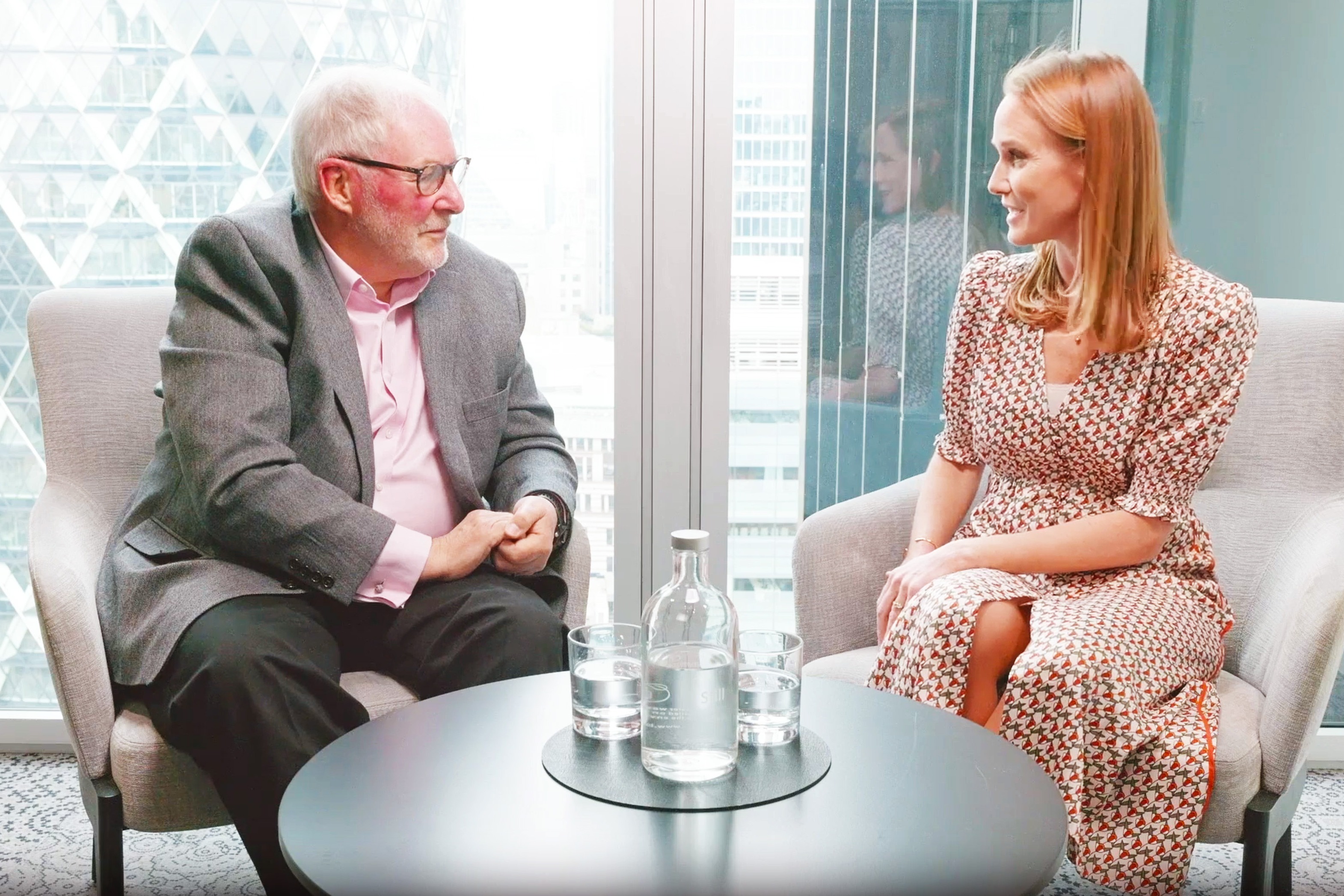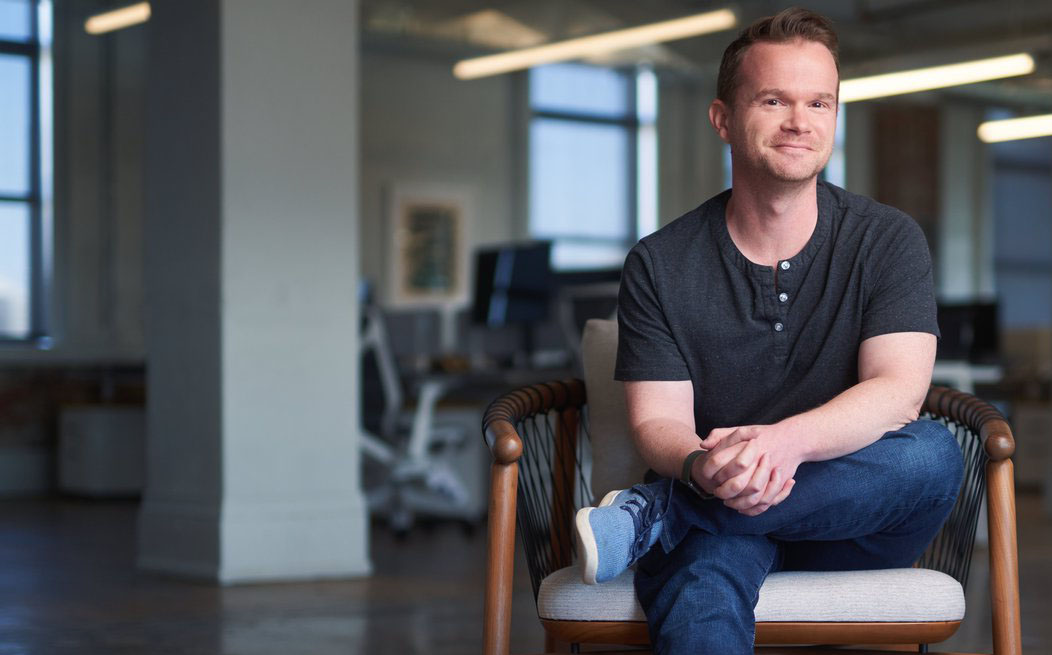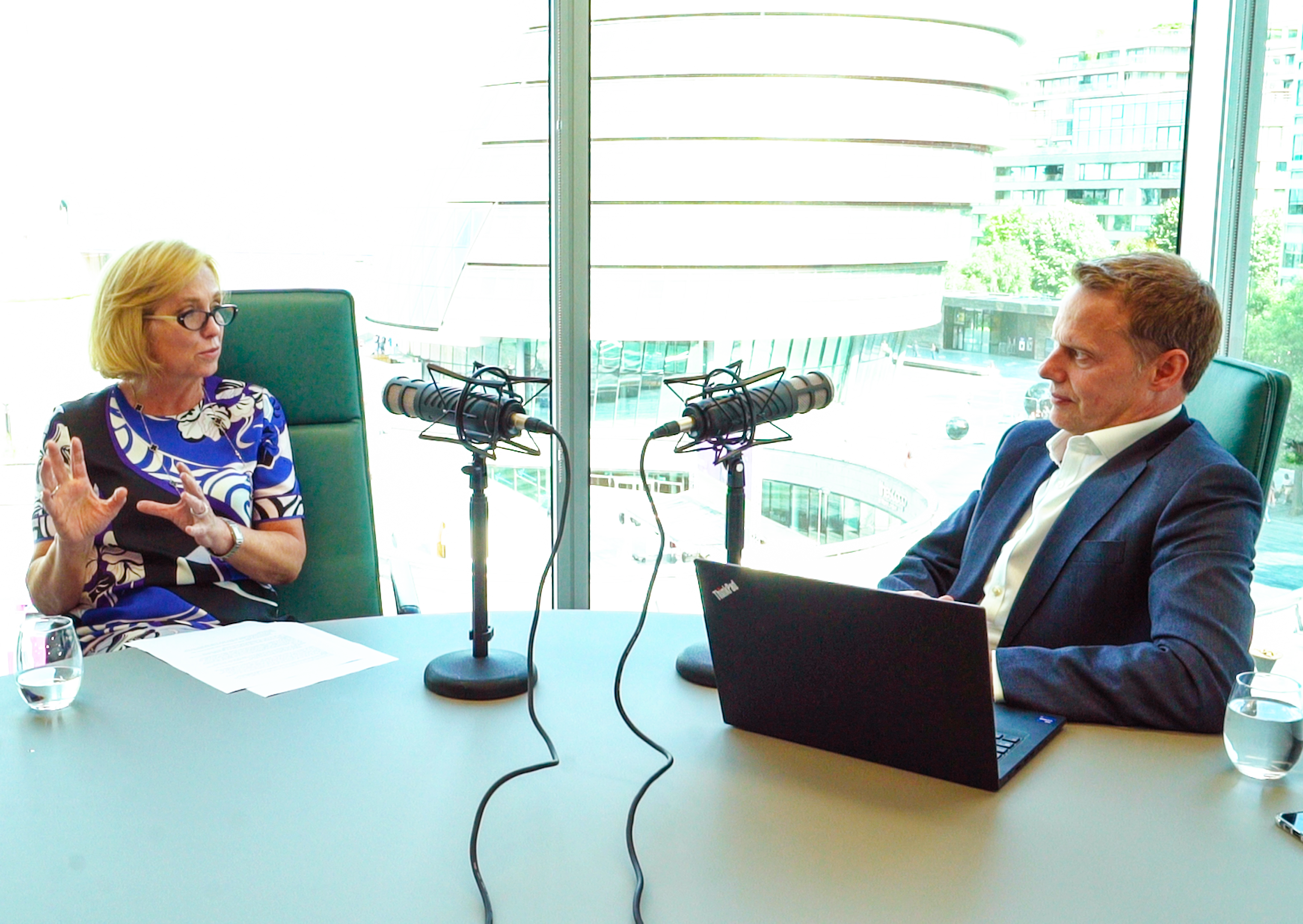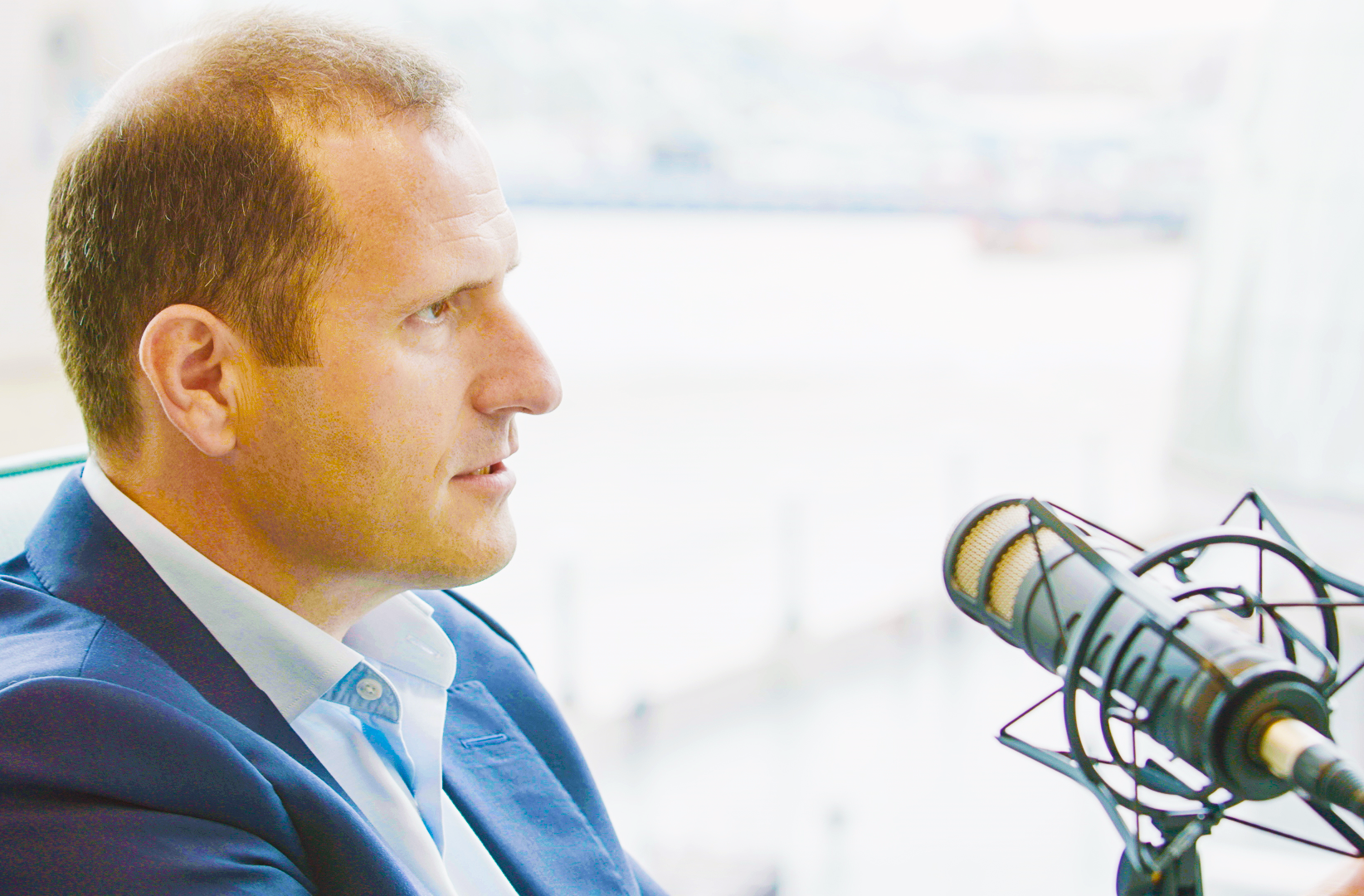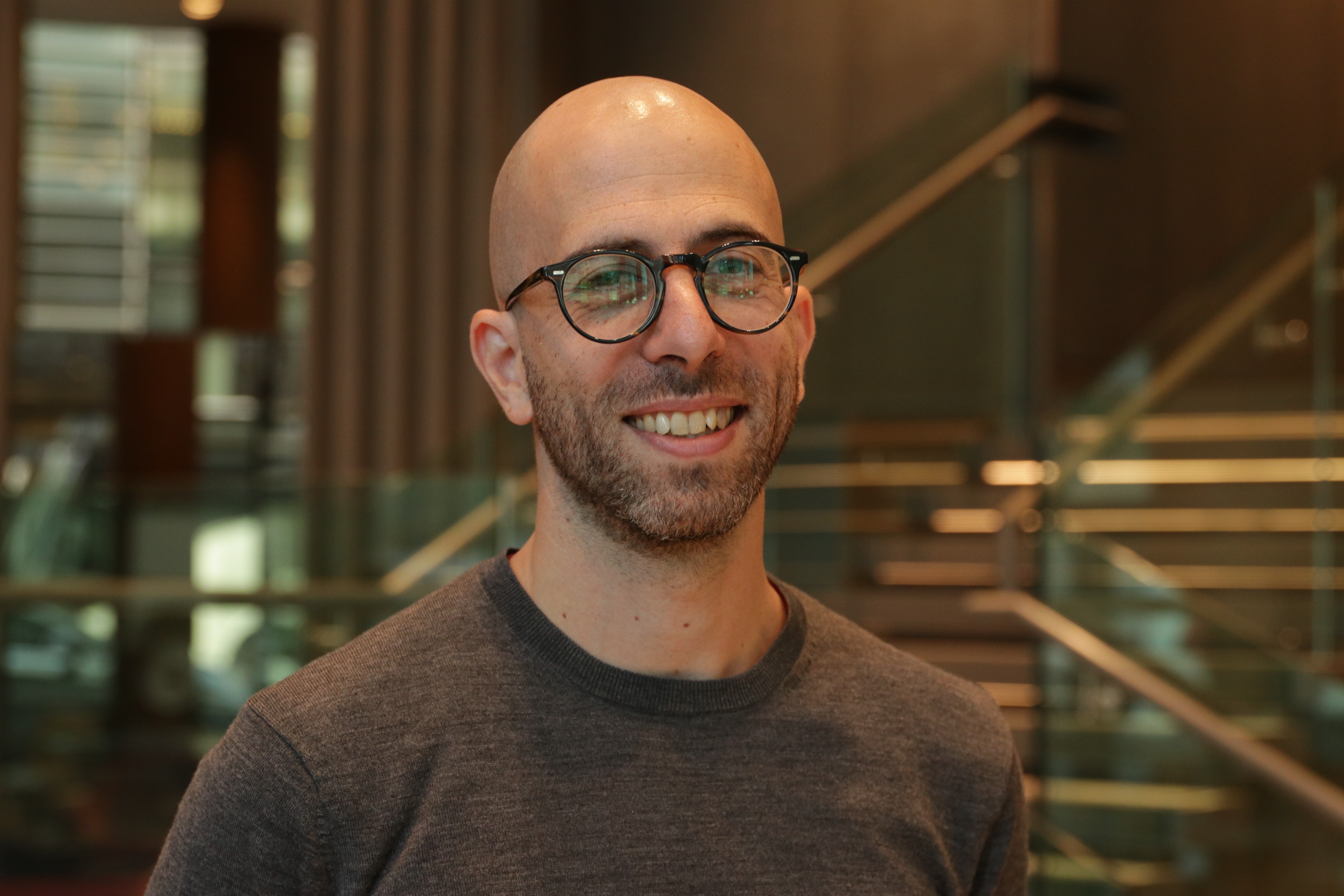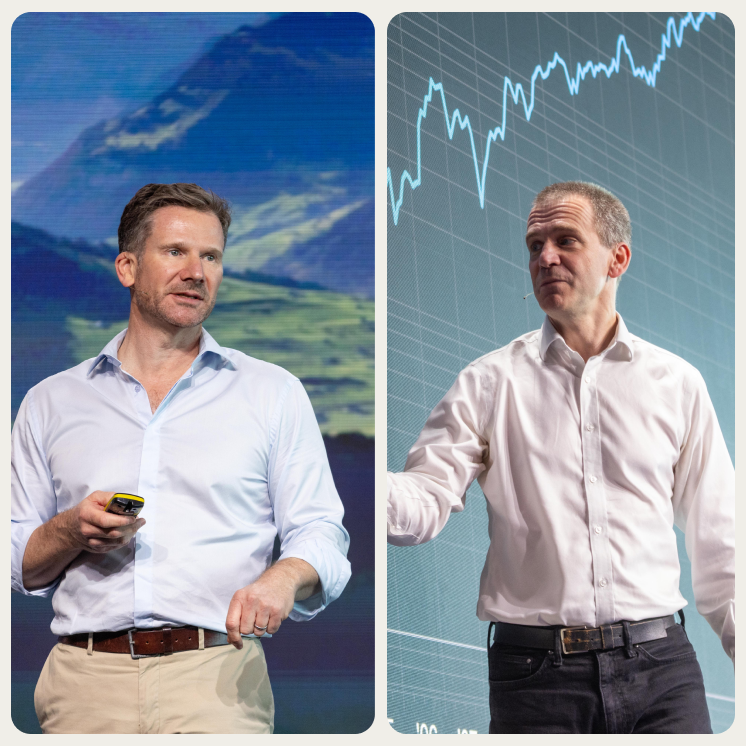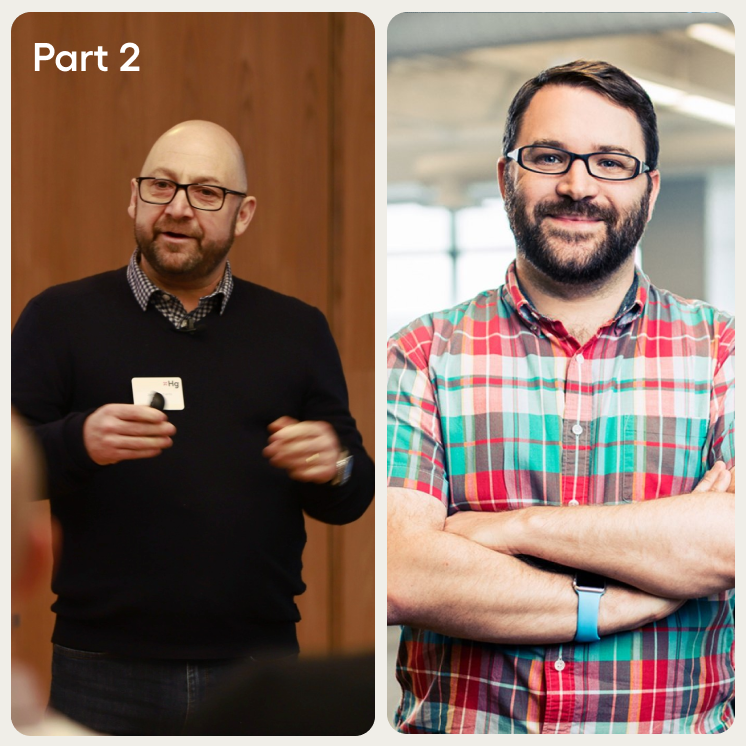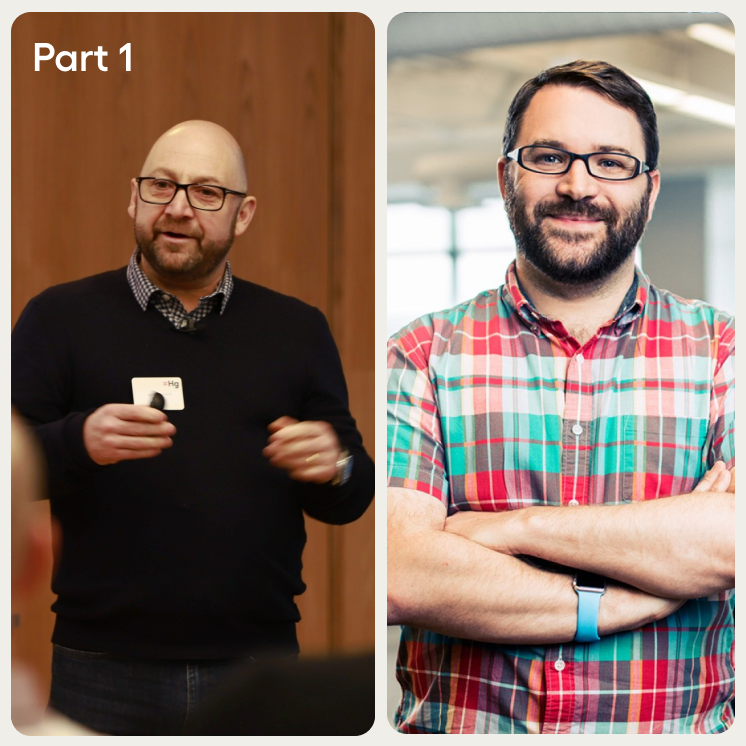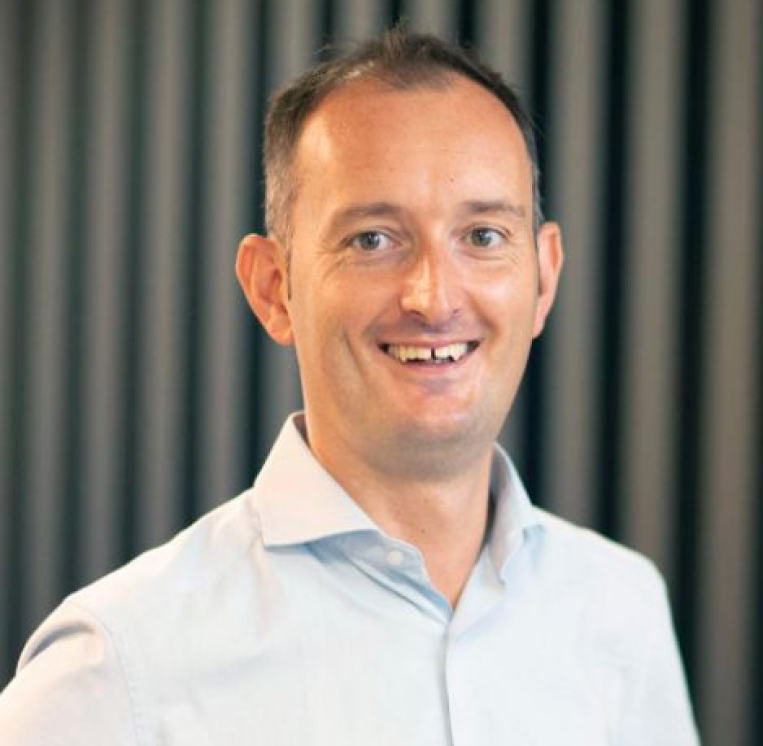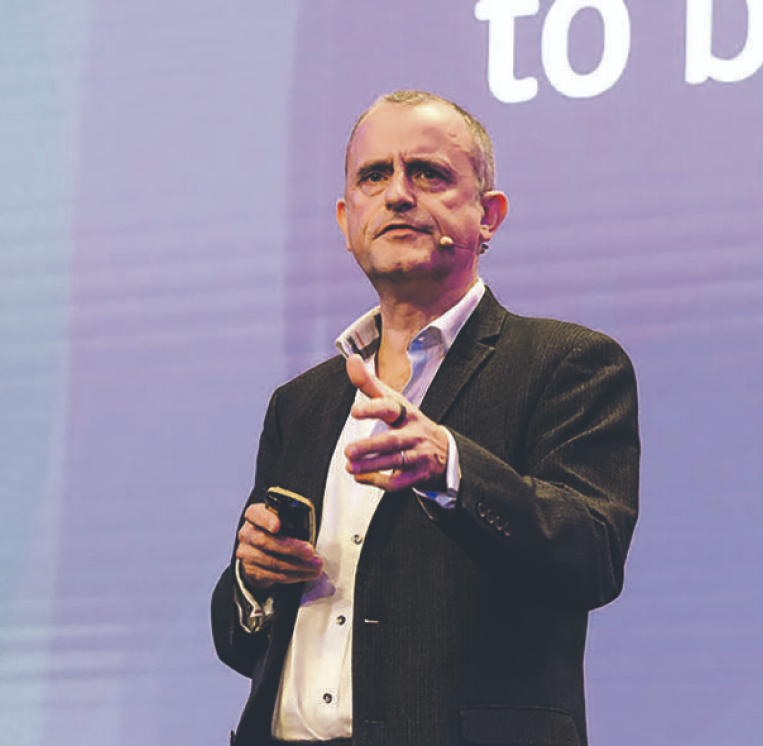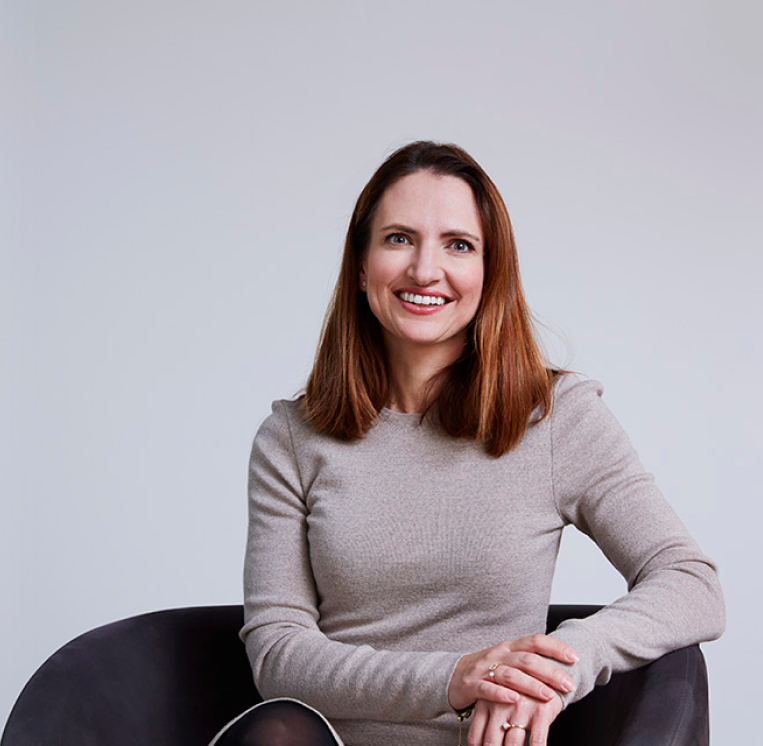Orbit Podcast
Orbit 31
Life as a service
Always at the forefront of scientific progress, the world of healthcare continues to advance as technology and software are drawn in and adopted. But its uptake is uneven at best, with some doctors having to cycle across cities with floppy discs in their bag while others experiment with artificial intelligence. With tightening budgets, the efficiency that comes with software and automation is vital but, in the world of healthcare, the ability to process and share results quickly can also mean the difference between life and death.
Speaking to Hg's Dr Katherine Wiles, Kara Marx has been working at the crossroads of healthcare and technology for many years.
Listen on:
Episode Transcript
Dr. Katherine Wiles
Welcome to Orbit, the Hg podcast series where we speak to leaders and innovators from across software and the whole tech ecosystem to discuss the key trends that change how we all do business. So my name's Katherine Wiles. I'm a member of the healthcare tech team here at Hg. And I'm delighted to be joined today by Kara Marx, an independent CIO consultant who, until recently, served as CIO at Northern Arizona Healthcare.
She began her career as a registered nurse. Then worked on the vendor side before becoming a CIO. Kara has been very well-placed to observe every aspect of the interplay between healthcare and technology since I first met Kara through her work with KLAS, as well as her sort of thought leadership in this space. I've had many opportunities to learn from Kara and from her experience and perspectives, so it's a great joy to have her here with me on Orbit. And thank you for joining us Kara.
Kara Marx
Thank you.
Dr. Katherine Wiles
So I wanted to start off actually way back in the beginning. So you started off as a nurse. I started off as a physician. What was the moment, if any, where you knew that you wanted to work on the CIO side?
Kara Marx
Oh gosh, that was quite a while ago. It was about in the mid-90s and I was doing some volunteer work for the Alzheimer's Association. And interestingly enough, I met a physician who was doing some telepathology. So mid-90s already doing telepathology. And by telepathology, I mean the use of technology to transmit pathologic images such as specimens that are contained during surgeries, that can be read very quickly and rapidly to help surgeons make diagnoses remotely from different locations.
And seeing it in action literally gave me goosebumps. And when I learned that I could get paid and have a career in not only healthcare but in technology, this is when AOL was coming out and things were popping, it was very exciting. And I abandoned my plans for healthcare administrator and went straight to health tech in '97.
Dr. Katherine Wiles
That's amazing. And has anything changed since then? I'm sure there was many things, but maybe what's the one that surprised you most?
Kara Marx
Really, what surprises me most is what hasn't changed, unfortunately. Like telepathology was around in the mid-90s and telehealth has been around for a really long time, yet we really just recently had a great appreciation for it in Covid. So it's kind of sad all that time that had been lost that we didn't capitalize on that value. And then I think that what has changed the most is the point that we're at, well, now with AI, and taking all this data that we've been collecting for years and years and years and really making it powerful.
Dr. Katherine Wiles
It's funny you say that because when I was a physician in the NHS, most of my work was still on pen and paper outside of our big hospitals. I didn't know anything was still on pen and paper. And I think in 2023, we still see that. I still have a friend who's a neurosurgeon, who cycles across London with his floppy discs in the bicycle bag of his bicycle because he can't transfer images between hospitals. So I think that's really apt, that some things changed and some things really haven't moved as fast as we thought. Bringing it to today, what are the changes? You mentioned AI, but [inaudible] what today are the challenges that are facing hospitals? So just to bring us to 2023.
Kara Marx
So I think of course you have to look at the business first and the business is healthcare. And when you talk about healthcare, we can't ignore what we just went through with Covid because the impact to workforce was significant. And it's not only that many people dropped out of the industry, but we stopped having people join the industry, and it's created such a shortage. That has quite a bit of a cascading event in that hospitals have to pay for additional staffing, which is expensive, to get temporary staff. They have to pay for other access issues, where patients cannot get in as soon and that puts patients then at risk. So the cost of healthcare, which is always, the US in particular has always had very high cost of care. That has remained and that's an ongoing issue.
And I would say, just like we said what's changed and not changed, quality and inefficiencies still remain to be very prevalent in healthcare from a business perspective, that are always being tackled. So healthcare organizations, I'd say the two newest things are things that have spun off of Covid, but otherwise it's still finances, quality, and inefficiencies remain to be what they tackle.
Dr. Katherine Wiles
We, as Hg, invested behind this workforce theme that you describe. When I was a junior doctor, we had probably 30%-50% rotor gaps on any given shift. I know that's actually worse for nurses. We invested behind a platform that helped create rosters, even though you could never fill the whole roster, but it was just to make sure you had as close to the right nurse with the right sort of background in the right place at the right time with the right patient. And that challenge only seems to be getting harder. On the operational and, you described it as quality and efficiency, are there any particular bug bears that are really hurting post-Covid on those areas?
Kara Marx
Yeah, I think there's been a significant strain on our infectious disease areas. And then with those strains and compromises and staffing, you're looking at longer lengths of stay. Or you're looking at a population of patients that don't even come to the hospital and there's a delay in care. And so, when you have a delay in care and that becomes an acute situation for our patient, their quality is often compromised until you can get them to a positive outcome to kind of stabilize that. So that all adds to additional costs in care, delays in care, burdens on staffing, etc.
And technology, you can use technology to start to tackle some of these challenges, and I think people are trying. The telehealth that I mentioned earlier, huge opportunity there to balance with access. If someone can't get to a hospital or you want to save on cost, they can leverage telehealth, something I've seen majority of organizations take advantage of. Those who are a little bit more advanced with their data analytics are already using AI and tools like that with rapid process automation and making things be assistive to healthcare organizations, again, to tackle. So technology is really being looked at as a adjunct tool to help tackle a lot of these issues.
Dr. Katherine Wiles
The way you describe that, it's almost that preventative side of how do I keep someone out of a hospital before it becomes acute? And that drives so much inefficiency across the whole cycle. Maybe in, I want to say 2021, invested behind a platform that does home care software and recording. And one of the things that does, which I really liked, was it means when a caregiver goes in, not only does it verify that they were there and they took blood pressure and did what they said, but they can also input, "They just look off today," or, "They weren't able to eat their breakfast." Things that predict falls, strokes, et cetera. Which means maybe that means it triggers a nurse to come out. And that can just prevent someone from showing up in A&E, really in a place where it's just going to get worse for them from there.
Kara Marx
We weren't able in the past to be able to couple video with data as powerfully as [inaudible] now. So being able to do rapid interventions if they're at home, because now we're starting to hear about the virtual hospital at home, remote telehealth, ICU help, remote nursing, these types of things are really transformational to the industry and making a big difference.
Dr. Katherine Wiles
I'm really interested to see those companies spring up. I don't know if you were also at Health last year and impressed by how many of them there were and how much there is aiming to be innovation in that particular space.
I just wanted to maybe move to a topic that you can't discuss healthcare without discussing, which is regulation. So we've had the Inflation Reduction Act, we've had Covid and increased spending in some areas as a result. So what, as a hospital CIO, is on your plate from a regulatory perspective?
Kara Marx
Usually when I describe my job, I always say it's about sometimes 50% monitoring operation, keeping the lights on, and the other half is strategy and looking at the future and making sure that we're positioned right to be agile when we get to something new and innovative. But you can't deny the burden, and I have to call it out as a burden of this regulatory, because regulatory public policy topics that come out to healthcare in particular, their date-based, and they often have penalties associated with them. So as organizations, we have to decide how quickly can we roll this out to protect ourselves and minimize risk?
Interoperability is something, I don't want regulatory to be thought of as negative because sometimes it is the regulations that propel us in advance, where some organizations may have put it lower on their list of priorities, but interoperability I think is coming. Being able to connect and share data through APIs, data so that your friend doesn't have to have PACE on their bike anymore because we are able to meet their clinical needs for data.
Medical devices is another huge thing that's coming at us from a regulatory perspective, where we haven't had to worry about the security and data in medical devices as much as we have now. Talking about security, the government is getting more involved than ever in cyber preparedness and making regulations. Patient identification, transparency of data to patients and pricing, it's really never ending, but those are some of the top things that at any given moment I might need to stop what I'm doing or limit my whole budget for a following year to focus on some of these regulatory items.
Dr. Katherine Wiles
Yeah, there's so much in there. I picked up the interoperability piece, the device piece, and then also the overall cyber concern. It's interesting you picked up interoperability. It was a theme we invested behind in maybe 2018. And to this day, I remain astonished by the number of different systems that are, we have a software company called Lineate that has two products that do this. I think it's well over 3,000 systems, like EMRs and other core hospital systems.
And actually, because some of these systems, some of the devices are so old, getting API connectivity is an incredibly difficult challenge. So some of these problems that people sometimes, as a layperson, you think like, "How?" And I thought this when I was a physician, I was like, "How is this not solved?"
I remember being at Hopkins and they had spent a billion on Epic or some crazy number at the time. And I could tap in and tap out from different computers, and we still couldn't get data off of certain machines post-surgery to get, say, images and share them across. And I think those challenges, you say the regulation is meant to help but can drive some difficulties in the short term.
I want to pick up on this point you made around devices and securing devices. So what does that mean for you, with some of those regulations, in terms of what kind of things you're looking at today?
Kara Marx
There's many different ways that folks are tackling this challenge that's been around a long time. Biomedical equipment, clinical engineering, some of it is just how you're building your network and are you able to build a separate dedicated network to parse that off in case there ever was some type of hijack attempt? Other times it's a very simple thing, it's just a supply chain management issue, is what devices do I have in-house? What devices contain PHI? And managing that inventory. And then making sure that the patches are there and that the vendors are working to stay current with technology updates, and then passing them on and educating us.
So it doesn't seem like it's very innovative, it seems like something we should have done a long time ago, but it certainly is on the top of many people's lists. As they're buying software, to manage the devices and monitor them for cyber and just PMs, they call it preventative maintenance. And then trying to build networks that are dedicated and separate, at least that's what's on the agenda that I had set up recently.
Dr. Katherine Wiles
From your perspective, has it been easier or harder with the introduction of more and more cloud software into healthcare IT?
Kara Marx
Wow, that is an interesting question because I probably could respond to the positive and to the negative. I think technology is always innovating and changing and we know that we have to be ready for some of these really significant infrastructure modernization efforts, and cloud is one of them. And some software vendors and infrastructure vendors had started introducing this many years ago, but healthcare tends to be a bit risk adverse and they were slow to adopt it.
We are seeing now though that cloud is becoming the only way certain things are available. So it's almost without an option that we have to go to the cloud. It's just the spectrum of how far do you want to go with everything and how fast you want to get there? How much money do you have? Is your staff trained?
So yes, it's great. I think there's going to be a lot of benefits. It's very disruptive, in my opinion, to traditional environments. And that change management piece that has to happen for the cultural adoption in an IT department and the funding because you're probably going to be shifting from a capital spend budget model to an operating spend model and that can be disruptive to an organization's budget.
Dr. Katherine Wiles
It's interesting you say that. It really depends on what type of hospital you are. And I just want to call out for anybody who maybe hasn't appreciated this scale of the different sizes of hospitals and health systems you have, and particularly in the US where you have everything from these big regional chains or big academic health systems through to a very, very small local hospital that is not going to have maybe the budget or the capability to deal with certain kinds of vendors. So I think that's a really good point to raise.
When you're thinking about buying, say, a cloud software, what mistakes do vendors make, and I'm sure lots of our CEOs and founders that follow Hg will be most interested in this question, what mistakes do vendors make when they want to work with you?
Kara Marx
I would say in my experience is the lack of partnering with the right people. Like going around IT because IT says they're too busy and maybe they go to another stakeholder, and then try to bring that back through having the stakeholder push it. That can be really disruptive. It takes us away from what's currently on our agenda. And sometimes the value is too focused in one area and it doesn't meet the overall need.
And I see my role as the CIO as kind of that navigator that says, "There's always a list of things to do, but what things are the most important?" And I have a responsibility as a CIO to let my vendor partners know what my issues are, what am I trying to solve? Because I'd much rather a vendor come to me and say, "Kara, we know you have an issue with data analytics, and we brought together this cloud data analytics solution, which we can get up to speed quickly and it can start to address your problem and show you value." Versus coming to me and saying, "I have a product that does this and I think you need it."
Talk about what problems we're solving because I'm always having to balance one thing fighting for something else, my money, my time, my attention. And we have to look at those business issues that I mentioned in the beginning. Will it help with workforce challenges? Will it help with access? Will it reduce cost, improve quality? Those are the discussions I want to have. I don't want to hear that there's just something new out there.
Dr. Katherine Wiles
It's amazing that you say that about solve a problem I have as your customer. I think when we first spoke, that was the thing that really stuck with me, is how many people bring you a tool versus bringing you a solution that actually adds value to patients on a day-to-day basis. Maybe just to bring it to the topic du jour, what advice would you give to a company or a founder that's trying to operate in that area today?
Kara Marx
There's tools out there. There's a lot of literature, particularly in healthcare, to help organizations understand their maturity level and how far they are away from what maybe a best practice is. And I think for a long time, many folks were under the assumption that operational reports or report writing is analytics, and they are not prepared with an infrastructure to really get what they need.
So it's not about operational reporting, it's about building data warehouses of information that has data governance and data definitions to set them on a path, so when AI continues to explode and machine learning continues to explode, that their environments are ready. But don't assume that your CIO or your organization has that knowledge [inaudible] understand the building blocks that need to be in place to be able to move quickly in the future. I think folks believe they're farther along than they are. And finally, when they want to go jump to the cool stuff, they have to actually slow down.
For me, when I work with a vendor, if someone said, "Kara, what would be the most important thing to you? What do you want?" I would say, "You know what is the best thing? Is a quick win, that provides value, that leverages my current investment." If you can deliver that, first of all, it happens quickly. Very exciting, creates momentum. I'm leveraging the investment I already have. I don't have to rip and replace things to get something new, and the value can be documented.
So I think having those types of discussion, don't always make it about the product. Have it be talked about as a program, what is the culture? This is multi-year. And then start to add in some small quick wins to get the excitement going to keep it sustained.
Dr. Katherine Wiles
It's very interesting you frame it that way. I have two portfolio companies that I spend time with. And one of them is really in the weeds of helping customers [inaudible] get through that infrastructure journey. That company's Intelerad. It does hospital packs and radiology group packs. And because so many images are still on machines and can't be extracted, there are loads of hospitals that say, "I really want to do AI on these images. I want to make sure I don't miss that patient with the lung cancer that's behind the aorta and I can't see it as easily, and I would love to have AI help me." But without even access to the images or any kind of structure to that, it's actually impossible to take that leap. So I have one that's kind of still in the process of getting imaging software and storage into the one place for some of these organizations and structuring it.
But then I have another portfolio company that actually is purely in the data and analytics side, Norstella. And they found a way to take maybe what's existing from lots of different places, and then real [inaudible] is taking, say, lab data from maybe somebody showed up in rural Arizona, as an example. They had non-small cell lung cancer, but that's picked up maybe in a lab test from a early test, before they're seen in some kind of tertiary center. And maybe that patient is then told, "You've got six months to live," and doesn't get access to the new therapies that could really extend life and improve quality of life to them.
But almost by taking that data really early, even if it's a bit messy, and working with it, they can actually send signals to pharma companies and say, "There is a patient in," let's say, "rural Arizona who's got this biomarker for non-small cell lung cancer and is an appropriate target for your therapy," and sort of join that up before things get lost, as you say, in those data silos. So I think really brilliant of you to bring up how much of that data warehousing and data governance and data structuring ends up enabling some of these new tools and new ideas.
I'm conscious of, again, trying to help some of our software vendors. You mentioned, "I have maybe three priorities and I want to spend time on them." What are the areas that are just not being served? You would absolutely love it if someone came to you with a solution or with the hope of bringing you a solution?
Kara Marx
Some of it, it sounds a bit maybe boring, but some of the revenue cycle areas still have huge opportunities, so even through the admission and registration process. And patient identification is something that we have not solved. We have not solved for folks here, definitely in the US, and I recently have had some family members go through the healthcare process and I'm just shocked at how there's still such duplication of data and entry and lack of integration with pre-authorizations and scheduling and reimbursement and price transparency. We do talk a lot about clinical and my background is clinical. I just don't want to forget that business side is really important. But if there are a lot of best of breed or niche solutions, we just have to find some way to make it a little easier.
And I think too, that patient engagement, we've made huge strides. I've never seen a segment of the industry kind of pop so quickly, where all of a sudden it's online scheduling and online bill pay. But again, because of my recent experience with a family member, when you are really in the patient's shoes, I think we're still building for organizations' workflow and we're not building patient experience and ease of integrating with the healthcare system. There's just so much that we think were there and it felt like we moved quickly, but we have to see it through the patient lenses.
And then finally, I don't want to say it hasn't been addressed because there's many organizations that win numerous awards for patient safety and quality, but if you think the landmark study in the US for the electronic medical record, when it was released, was To Err is Human article in 1999 from the Institute of Medicine. That is what propelled the industry for EMRs. People were dying from medication errors. And it's sad to think that we've made good progress, but it's still a huge gap. There's still people dying of errors. We have all of this technology.
Hopefully AI can become adjunctive and help us with that. But I still think quality of healthcare is still in jeopardy and we're surrounded by technology. So maybe it's just more interoperability we need to be smarter on, but that's what I'd love to see some folks working on.
Dr. Katherine Wiles
I remember when I was doing my stint at Hopkins here in the US, I was an ENT, and I therefore carried the difficult airways bleep, which is the worst bleep because it means all the anesthesiologists couldn't get an airway, and so you're the last point of call. And I just remember how many times you would have something that you were called to where there just had been that Swiss cheese model of failure that we talk about all the time in healthcare, where enough things go wrong that you're at a really bad situation.
And somehow we had a lot, there's like beeping by every bed. You think everything's really monitored, but then when you're in it, you see sometimes how just things not connecting together. It can be as simple as something was in a patient's record but in a different hospital. And then when they come in, you don't know. It's just the fact that you didn't know creates this cascade of events that can be really challenging.
So I love that you call that out because that, I think for me, was the biggest shock when I was very junior in healthcare, how much quality is impacted by whether or not things can work together. So it's almost, we have so many systems that you can't see the wood from the trees.
Kara Marx
I couldn't agree more. We didn't do a good job as industry in making it easy and informed. Instead, I think we got too excited about just automating things. And now we're stepping back and saying, "Wait a minute, everything's automated. There's all this data. Is it really answering the questions?" And we have to step back and maybe rethink some of those for workflows and integration and interoperability ease of use.
Dr. Katherine Wiles
I'm just conscious that I have this one question that actually I'm not sure I'm going to have the answer, so I'm going to ask myself the question after. I'm not sure I'm going to have a great answer for which AI use case excites you the most in healthcare? Which one do you think, "I would love to see this tomorrow," if everything underneath worked?
Kara Marx
It's the cases, and I know there's use cases out there already and this is being used, but it's not as, I think, prolific as it could be. It's the cases of sepsis and early warning that just seem should have been avoidable. It just perplexes, even being in clinical medicine, I'm sure it frustrates many physicians and respiratory therapists and all types of clinicians is how could we have not avoided this earlier? How do we help earlier? And I'm sure there's some cases that are avoidable, but the technology's out there, if you have a patient at home, we can monitor them at home. Why aren't we looking at critical data values and alerting that and then having somebody intercede as early as possible?
That's not unique. Everyone's trying to solve the sepsis issue. But when you start to think about mortality data and how some things could be avoided, let's tackle some of that lower hanging fruit first and get the wins. And then there are more complicated things, precision medicine and stuff that we can do that's more sophisticated. But there's people dying today that we could help and it could be avoided. And that'll address the cost of healthcare, that'll address the burnout of the clinicians. Just saving lives, that's why we all got into this to begin with.
Dr. Katherine Wiles
It's funny, now that I'm asking myself the same question, I came upon the same answer, which is sepsis is the one I would want to see first. I could not agree more with that as a use case we'd all absolutely love to see. I would just love to leave by asking you one last question. Now, in 2023, which vendor or vendors are the most exciting to you? Which ones do you look at and think, "That's really cool, that's really exciting. Other CIOs should know about what they're doing"?
Kara Marx
I would say any vendor that is solving problems clinically with AI that uses interoperability data and investments we already have. Anyone who can show me how I can leverage what I already have and I can solve problems quickly through this intelligence is vendors that I want to partner with. You've got to have such good foundational elements. So make sure you're working with your CIOs to get the foundational elements in, so that then they can work with all these really cool AI companies and move much more quickly for the speed to value.
Dr. Katherine Wiles
Kara, thank you so much for taking the time to speak with me today. It's been an absolute pleasure as always. I feel like I've learned so much from you about making sure that whatever we invest in, that it's absolutely delivering the best possible experience for customers and for the doctors and nurses and other healthcare staff that serve them. I really look forward to seeing you again at the next set of healthcare conferences and getting excited about all the new software vendors and what they're bringing to solve these problems. Thank you so much, Kara.
Kara Marx
Thank you. Have great day.
Speaker 3: Thanks for listening to Orbit, the Hg Podcast. If you'd like to find out more about Hg and our work building businesses that change how we all do business, subscribe to our newsletter at hgcapital.com/newsletters.
Orbit episodes
Orbit Podcast
The corporate immune system: Google Cloud's Daniël Rood on building Europe's first AI team
Episode detailsOrbit Podcast
Skin in the game: Professor Neil Lawrence on vulnerability, accountability and why the next generation will thrive.
Episode detailsOrbit Podcast
The 3 speed problem: Oji Udezue on CPO leadership in the age of unlimited engineering
Episode detailsOrbit Podcast
Fevered determination: Building Zalos from zero to enterprise in 5 weeks
Episode detailsOrbit Podcast
Trust, velocity, and building the Answer Engine: Dmitry Shevelenko of Perplexity speaks to Farouk Hussein
Episode detailsOrbit Podcast
The long road to the last mile: Nic Humphries and Matthew Brockman reflect on 25 years of Hg
Episode detailsOrbit Podcast
AI, Control Points, and the Next Wave of Vertical SaaS with Tidemark Capital founder, Dave Yuan
Episode detailsOrbit Podcast
A glimpse of the next generation: Zoe Zhao and Annalise Dragic of Azlin Software
Episode detailsOrbit Podcast
The business case for AI: Brent Hayward of Salesforce, David Carmona of Microsoft & Nagraj Kashyap of Touring Capital
Episode detailsOrbit Podcast
Mastering the billion-dollar software playbook: Joe Lonsdale of 8VC & Eric Poirier of Addepar
Episode detailsOrbit Podcast










